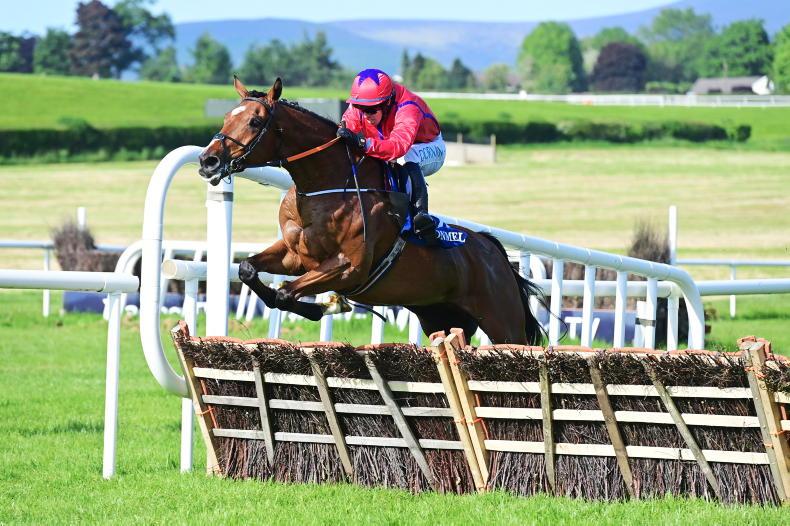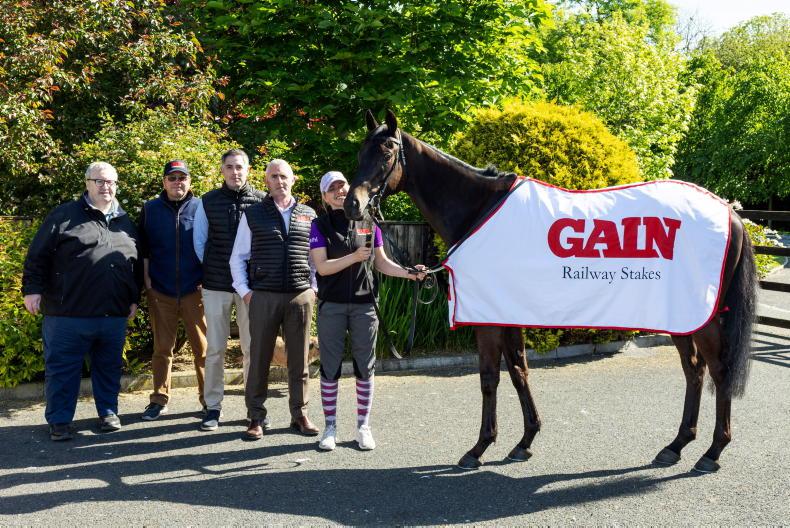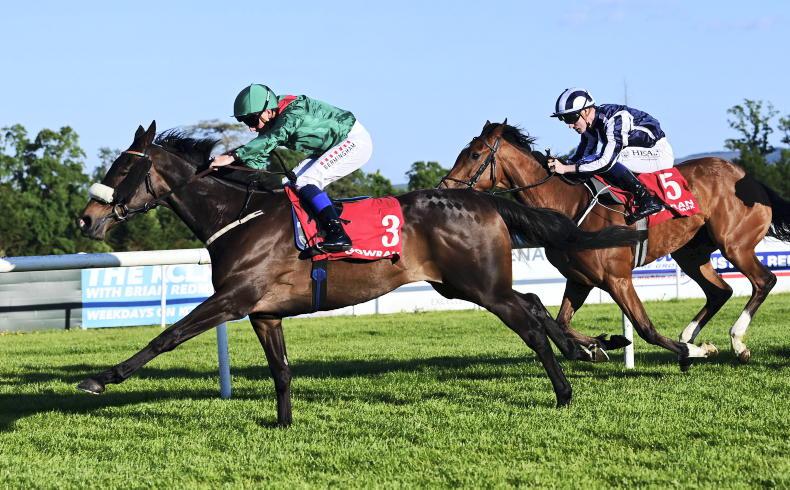THE shocking changes to the Irish climate are taking an alarming toll on racecourses, with those in the south hit especially hard.
Last week’s cancellation at Gowran Park brought the number of inspections at racecourses this year to 34, with 18 fixtures called off and Naas memorably abandoned due to fog on its big day in January.
This winter, a hurling clash between Limerick and Cork was called off three times – for fog then ice and finally rain. Racing was never going to be exempt and, already, Clonmel Racecourse boss D.J. Histon is planning around a ‘new normal’.
He said: “Clonmel has suffered two lost meetings in the first quarter of 2024, a situation not experienced for many years, if ever. While our fixture allocation is relatively certain on a yearly basis, it is proving extremely uncertain that we can hit our allocated dates at certain times of the year, given the recent incessant downpours that continue to play havoc with our racing calendar.
“The frequency of interruption to our racing calendar is something of a new phenomenon, and one that we all have to adjust to. As this new weather pattern appears to be the new norm, rather than grumbling about it, we have to adapt and come up with ways of dealing with it at track level and at an industry strategic level.
“What may appear like an innocuous decision has serious ramifications for all concerned with that fixture: the ground staff have worked tirelessly to present a safe racecourse on a dedicated stretch of the course that was mapped out weeks in advance. When a meeting is cancelled, a lot of the costs are sunk before the decision to postpone or abandon is made, with little or no chance of recouping those losses. There is a big machine associated with any race meeting, regardless of the track size or its overall status, as everything is relative.”
Lost revenue
Racecourses get one chance to reschedule a meeting and that must be within four weeks. Rescheduling ensures lost revenue; a failure to run the meeting, even allowing for a sizable payout in insurance, is understood to cost a racecourse a serious four-figure sum.
Eddie Scally is Gowran Park manager and has been helping out at Wexford this year. Wexford’s first three scheduled meets this year were called off, with Gowran having three cancelled too.
Scally said: “At Wexford, we lost the St Patrick’s Day fixture. A rescheduling of that is clearly not going to be as good but what was worse was we lost the meeting altogether. We were in a good place before we got a deluge of rain two days before the scheduled refixture.
“You’re leaving it until the last minute too so a lot of your bills are already done, basically racecards, advertising, marketing, live pictures.
“The other thing is the rescheduling has to suit the race programme so last week’s Gowran Wednesday evening meeting has now been moved to a day meeting on a Monday when, obviously, it would be very difficult to attract a crowd.
“Finally, and it is rarely discussed: the strain on everyone losing the fixture, be it clerk of the course, track foreman, the manager, you are building yourself up for an event lost at the last minute. It can crucify you. My catering company does several racetracks and they have had a wretched time with race meetings lost.”
Many places across the country saw their wettest March on record this year. Histon, like Scally, is worried about the present and future. “While there are provisions for track compensation, it is not possible to recover all losses suffered. Tracks are burdened with the inherent risk of a business model that is weather dependent which largely rests outside your control,” he added.
“It is difficult to talk about the loss of meetings within the vacuum of a racecourse, given so many are equally impacted. Perhaps we must now revisit the current structures in dealing with lost meetings as it appears it is now part of the norm rather than an infrequent occurrence.”




 This is a subscriber-only article
This is a subscriber-only article
 It looks like you're browsing in private mode
It looks like you're browsing in private mode










SHARING OPTIONS: